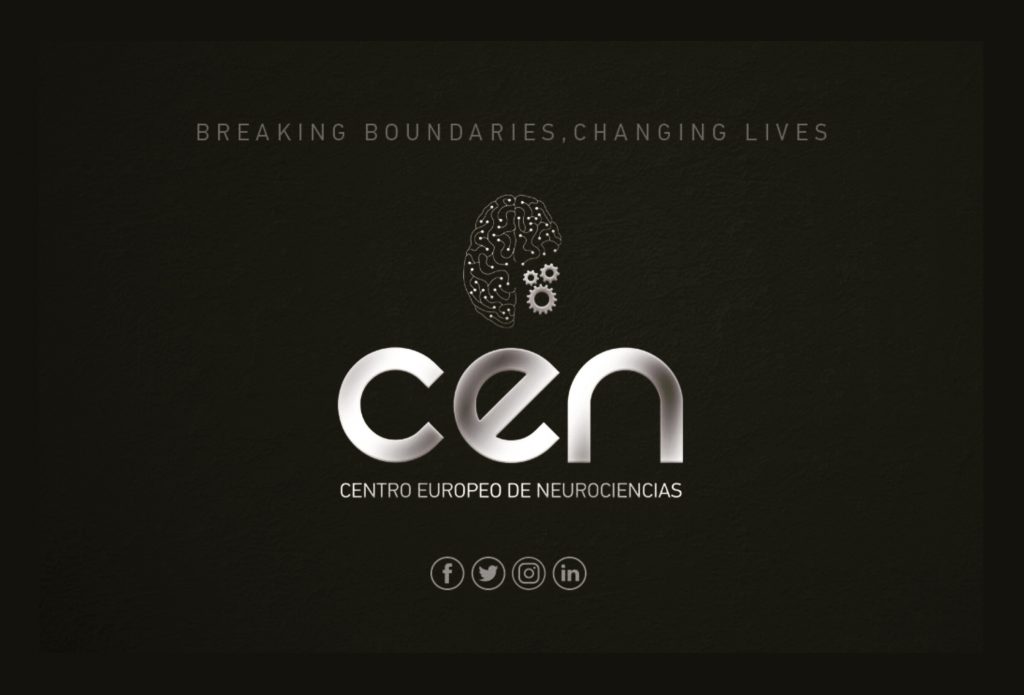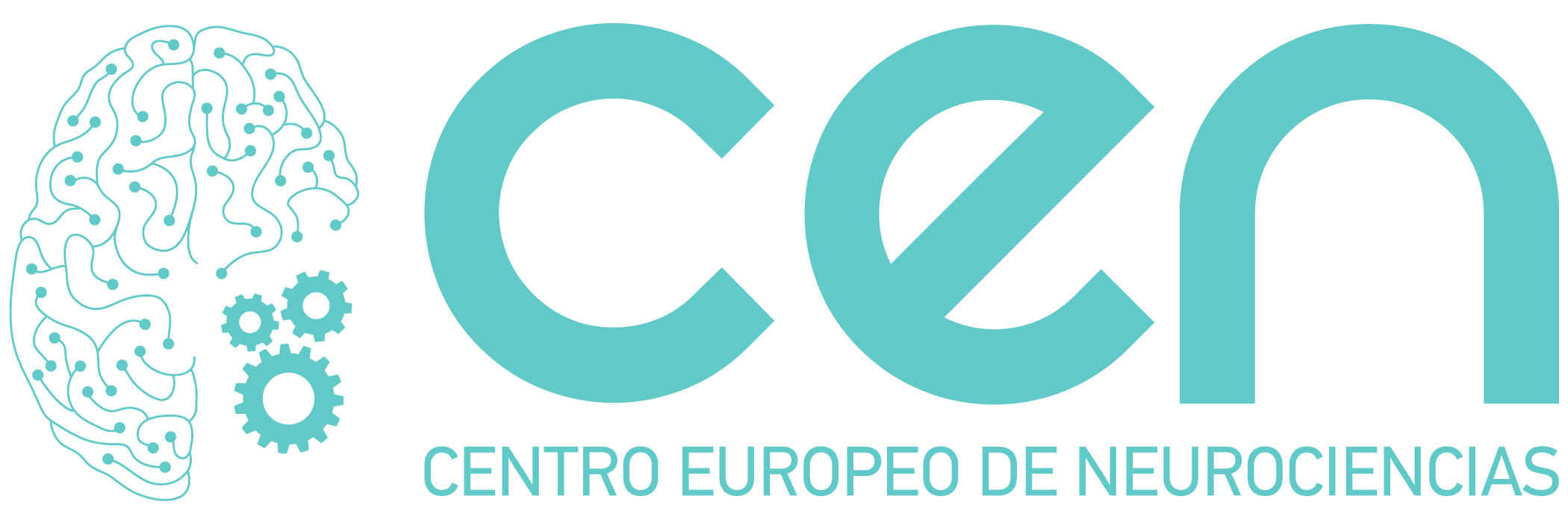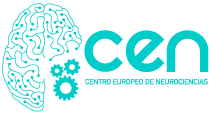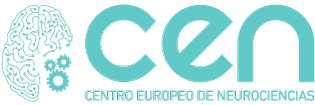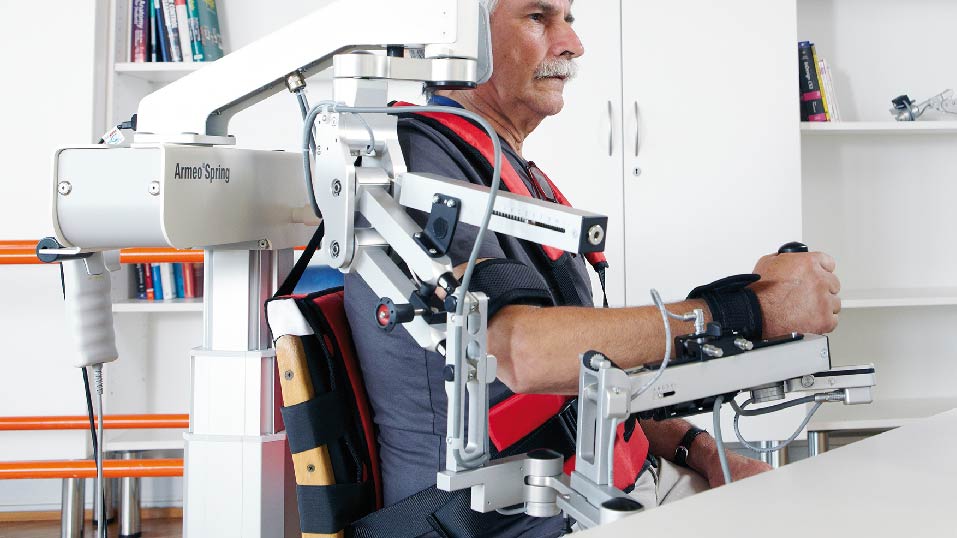
Upper limb rehabilitation at CEN.
At the European Neurosciences Center (CEN), we have developed a rehabilitation programme designed to achieve the best results in the recovery of arm and hand function. This training programme is based on the following aspects:
- The best scientific evidence available and advances in the field of neurorehabilitation.
- Our highly professional team who have extensive training and clinical and research expertise in this field.
- State-of-the art equipment and resources, including robotics and the latest technologies. We treat all kinds of neurological disorders, ranging from the very mild to the most severe.
- An objective assessment protocol. The entire rehabilitation protocol will be accompanied by objective assessments used to evaluate changes and improvements. In short, this is our guarantee that what we do works.
2. ¿What does the best evidence tell us regarding the rehabilitation of the arm and hand after a brain injury?
Based on leading scientific research combined with our clinical experience, at present, the best treatments for the recovery of movement and functionality of the arm and hand consist of:
- CI Therapy (Constraint Induced Movement Therapy).
- High doses of repetitive and intensive task practice.
- Strength training.
- Mirror therapy.
As adjuvant therapies:
- Electrical stimulation.
- Transcranial direct-current stimulation.
- Transcranial magnetic stimulation.
- Mental practice with motor imagery.
- Evidence-based interventions for sensory deficits of the hand (SENSe).
- Virtual reality.
- Robotics.
References:
- Interventions for improving upper limb function after stroke
- Rehabilitation of motor function after stroke: a multiple systematic review focused on techniques to stimulate upper extremity recovery:
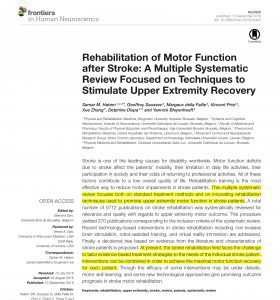
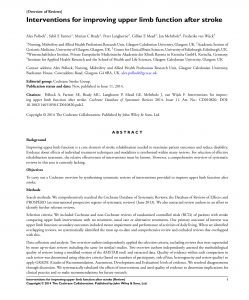
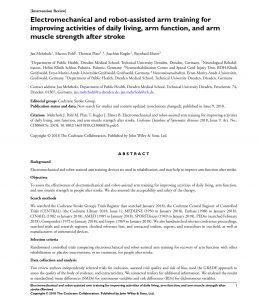
According to a recent study, published in May 2019, high doses of rehabilitation therapy are necessary in order to achieve important and significant changes and, therefore, functional improvements that are maintained over time
An increasing number of publications and research papers highlight the importance that intensive therapy has for achieving clinically significant improvements which continue over time once the therapy is completed.
The results obtained in these studies are far superior than those obtained using more conventional rehabilitation methods and techniques after a brain injury.
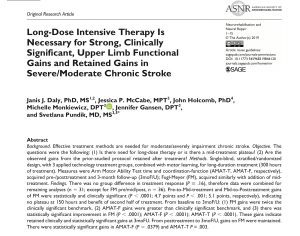
3. The professional team at CEN
CEN has the most highly trained professionals in the field of neurorehabilitation. Specifically, we are experts in the field of intensive therapies, robotics, new technologies and evidence-based practice.
- We are the first therapists to be trained in CI Therapy in the USA. This approach currently has the best scientific oucomes. We collaborate with the University of Alabama in the development of knowledge and CI Therapy applications.
- We are the only therapists in Spain with training in Forced Use, for the implementation of intensive therapy treatments, having trained in Switzerland between 2014 and 2018.
- We are the only instructors in Spain certified by Hocoma for training with the Armeo Spring exoskeleton device.
- We are expert consultants for robotic companies and new technologies, such as Hocoma (Switzerland), CoRehab (Italy) and Virtualrehab (England).
- We are founding members of the Asociación de terapias intensivas en neurorrehabilitación, TIN (Association of Intensive Therapy in Neurorehabilitation), which promotes training and research in intensive therapy.
Since 2000, we are dedicated to neurorehabilitation, from both a clinical and research point of view.
You may view our CV at:
- https://www.linkedin.com/in/cristina-vazquez-gonzalez-fisio/?originalSubdomain=es
- https://www.linkedin.com/in/joselopezsanchezto/?originalSubdomain=es
We are present at the most important international conferences in the field of neurorehabilitation, such as Rehabweek, which will take place at the end of June 2019 Toronto, Canada.
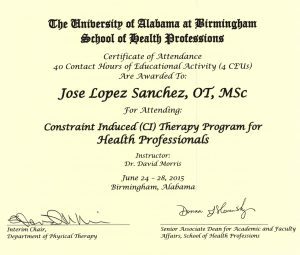
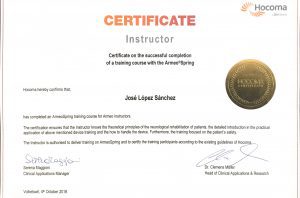
4. Material resources available at CEN for the treatment of the arm and hand
“Armeo Spring” exosekeleton by Hocoma
This robot enables intensive treatment for the arm and hand via a weight support system in a 3D workspace.
Thanks to our extensive clinical experience, we have repeatedly verified how, when patients with extreme weakness can perform movements with appropriate weight support, they can begin to stimulate the brain areas for arm control.
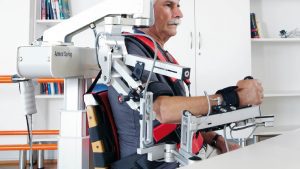
In addition, we have incorporated the Manovo module to the Armeo Spring, which specifically trains opening and closing movements of the hand
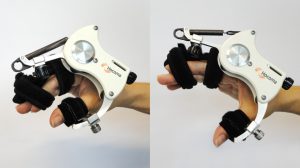
Armeo Senso movement sensors
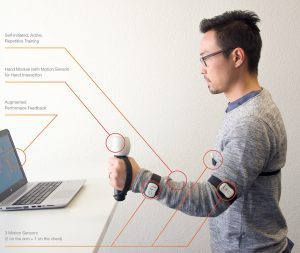
These sensors enable us to increase the treatment intensity and the number of repetitions via the performance of games, controlled by the patients via their arm movements.
- Resources for the performance of “mirror therapy”, mental practice and motor imagery.
- Resources for the application of the “CI Therapy” intensive therapy protocol by the University of Alabama, for patients with different levels of disorders, ranging from more severe to mild.
- Functional electrostimulation and high frequency TENS and NMES.
- Resources for muscle strengthening exercises, for patients with different degrees of impairment.
- Virtual reality devices:
- CoRehab: https://m.youtube.com/watch?v=Y47CYN4u68Y
- Virtualrehab: https://m.youtube.com/watch?v=UN4yCEOXspk
- Transcraneal stimulation using direct currents (tDCS): Neuromodulation with tDCS in patients with stroke attempts to reduce the interhemispheric unbalance and improve brain plasticity (Kandel et al., 2012).
Material for the retraining of sensitivity, based on the scientific evidence of SENSe.
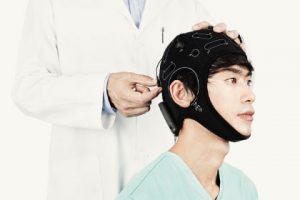
5. Assessment protocol
We perform a comprehensive assessment, including:
- Assessments of motor and sensory deficits: using motor control scales, kinetic and kinematic studies, muscle strength assessments using dynamometry and electromyography, and exams for superficial and deep sensation.
- Evaluation of activity limitations: via objective assessment scales.
- Evaluation of participation restrictions in activities of daily living.
- Video recordings.
The results of these assessments allow us to propose activities for developing a rehabilitation programme targeted at promoting the patients’ strengths and improving their weaknesses.
We perform weekly assessments that allow us to objectively evaluate the result of our interventions.
These evaluations are a powerful source of motivation for patients, who are able to clearly and objectively monitor their improvements.
We believe that it is essential for the patient and their family to receive regular updates regarding the progress of their recovery, thus guaranteeing the quality and effectiveness of our treatments.
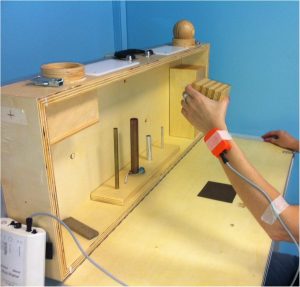
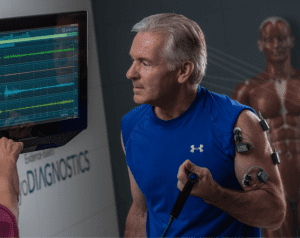
6. CEN Commitment
At CEN, the European Neurosciences Center, we have a commitment to the people we treat:
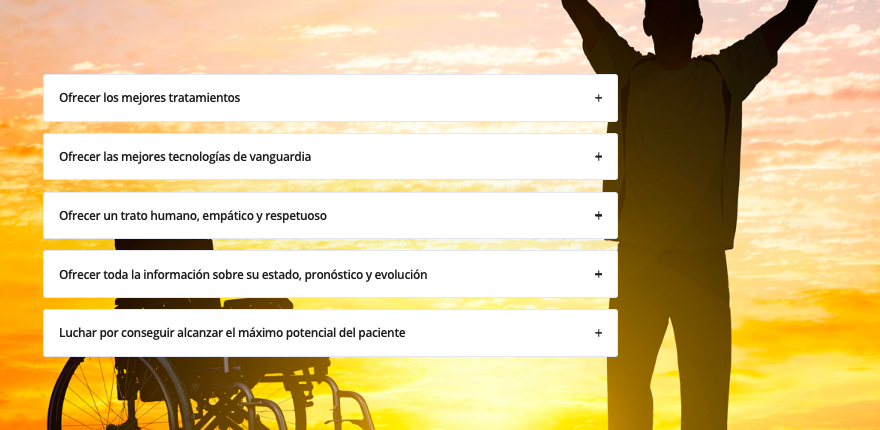
Please do not hesitate to contact us If you require any further information:
CEN, Centro Europeo de Neurociencias S.A
Avenida de la Osa Mayor 2, 28023 Madrid.
Email: info@eneurocenter.com
Web page: www.eneurocenter.com
Telephone: 91 7370557
Mobile phone and WhatsApp: 686528717
